Home | Carbon offsets | Mai Ndombe, DRC
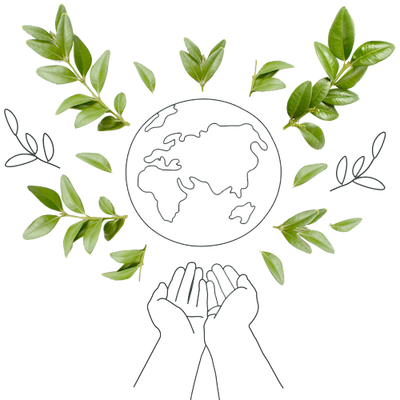
Mai Ndombe, DRC
Launched in 2011, this project is found in the heart of Democratic Republic of Congo in the Congo basin, the second most important rainforest in the world after the Amazon.
Run by Wildlife Works, Mai Ndombe is pushing the boundaries of what a REDD+ (Reduce Emissions from Deforestation and Degradation) project can achieve and is a world-class example.
This project not only reduces forest and biodiversity loss but is providing community prosperity through vital investments into the local area.
It has protected 300,000 hectares of vital Bonobo and Forest elephant habitat as well as some of the most important wetlands in the world around Lake Mai Ndombe.
The project supports local people by increasing access to education and vital medical care.
Developer information
Wildlife Works is a carbon development company founded in 1997 based in San Francisco, California and Voi, Kenya.
Their mission is to protect 5 million hectares of forest across the globe with projects also based in Kenya (their prestigious Kasigau Corridor project which was one of the first VCS/CCB REDD+ projects) and Cambodia as well as consulting on various other projects.
Great for Earth
A REDD+ project stands for "Reduce Emissions from Deforestation and Degradation".
The idea is that by placing a price on a natural asset, in this case the rainforest, countries will take greater measures to protect it, thereby reducing forest loss, increasing conservation management and increasing Greenhouse Gas removal.
The project began after the national government took control of timber extraction within the area.
Out of 156 logging contracts that were held 91 were suspended.
After the moratorium was lifted the government began to reissue concession rights, however Wildlife Works helped to convince the ministry that the area was of much more value when considered to be of conservation importance.
The Green Insurer’s investment in this project therefore goes towards not only protecting the rainforest but also sustainable development within the area.
The project has avoided 13 million tonnes of CO2 to date, with an annual volume of 2.4 million tonnes.
This is because the project ensures the protection of the rainforest from its largest threat - logging.
The project has so far prevented 74,000 hectares of pristine rainforest from being destroyed.
The project is situated by Lake Mai Ndombe in the Congo Basin. It is home to 20 Bonobos and 30 forest elephants (reported at the beginning of 2020). Since the project began in 2011 these numbers have been increasing.
The project conducts extensive biodiversity monitoring, with teams conducting monitoring within the project area twice a month.
The team also works with local villagers to discuss any poaching reported within the area.
Positive for people
This project not only benefits the environment but also the local community, supporting five of the UN Sustainable Development Goals.
Goal 3: Good Health and Wellbeing.
This goal has been supported through the development of a mobile medical clinic.
This has helped over 3,000 people receive vital healthcare which had not previously been accessible.
The project is working closely with national and regional health authorities and non-governmental organisations to improve the healthcare of the area as well as the distribution of medicine.
In the first quarter of 2020 the construction of a maternal health clinic in the town of Ibali was started to address high maternal mortality rates within the area.
At the beginning of 2020 the area was still dealing with the repercussions of a measles epidemic that began in 2019.
This was caused by unusually high water in the Mai Ndombe lake.
The project spent a total of $50,000 on emergency medical responses with many lives saved due to this action.
The project is now focussed on preventing another epidemic occurring, with a push for vaccinations being conducted in the dry season.
Goal 4: Quality Education.
This goal is being addressed through the projects goal of building 28 schools within the area, currently 4 schools have been built with a further three under construction.
In total the project aims to provide 8,000 students with education.
Goal 8: Decent Work and Economic Growth.
In total the project employs 112 local people providing training and new career opportunities within the project area.
Agriculture and fisheries are a vital source of income within the area; therefore the project has helped develop programmes supporting agricultural intensification in areas of degraded land.
This not only addresses deforestation but also provides a secure income.
UN Sustainable Development Goals met by this project:
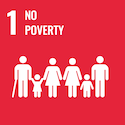
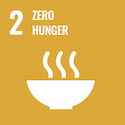
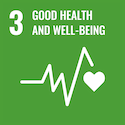
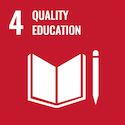
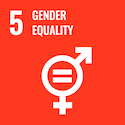
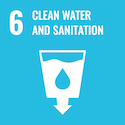
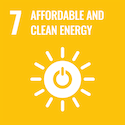
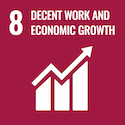
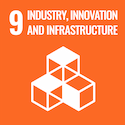
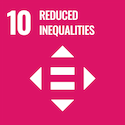
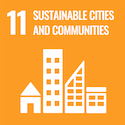
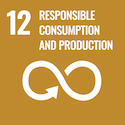
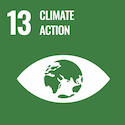
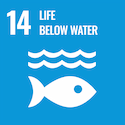
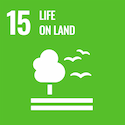
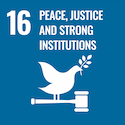
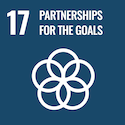
Explore our projects
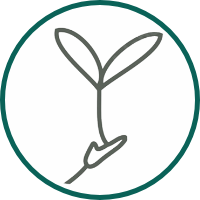
Blue Carbon Mangrove Restoration, Pakistan
Blue Carbon Mangrove Restoration in Pakistan’s Indus Delta spans 350,000 ha, removing 142 million tonnes of CO2e for global climate mitigation.
Project status: Active
Learn more about the Blue Carbon Mangrove Restoration project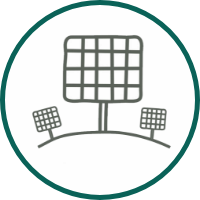
Elazig Solar Farm,
Turkey
Elazig Solar Farm pioneers high-efficiency solar power in Turkey, reducing reliance on fossil fuels and stabilising energy costs.
Project status: Active
Learn more about the Elazig Solar Farm project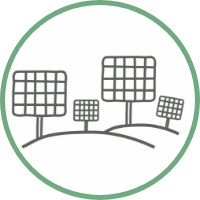
Household Solar Lighting, Zambia
This project provides solar lighting to Zambian families, reducing carbon emissions and enabling safer study, cooking, and socialising at home.
Project status: Active
Learn more about the Household Solar Lighting project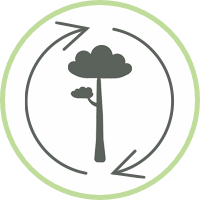
Improved Biodiversity & Mixed Reforestation
This reforestation project restores 2,115 ha of former pastureland, planting over one million trees to boost biodiversity and carbon capture.
Project status: Active
Learn more about the Improved Biodiversity & Mixed Reforestation projectExplore our projects

Blue Carbon Mangrove Restoration, Pakistan
Blue Carbon Mangrove Restoration in Pakistan’s Indus Delta spans 350,000 ha, removing 142 million tonnes of CO2e for global climate mitigation.
Project status: Active
Learn more about the Blue Carbon Mangrove Restoration project
Elazig Solar Farm,
Turkey
Elazig Solar Farm pioneers high-efficiency solar power in Turkey, reducing reliance on fossil fuels and stabilising energy costs.
Project status: Active
Learn more about the Elazig Solar Farm project
Household Solar Lighting, Zambia
This project provides solar lighting to Zambian families, reducing carbon emissions and enabling safer study, cooking, and socialising at home.
Project status: Active
Learn more about the Household Solar Lighting project
Improved Biodiversity & Mixed Reforestation
This reforestation project restores 2,115 ha of former pastureland, planting over one million trees to boost biodiversity and carbon capture.
Project status: Active
Learn more about the Improved Biodiversity & Mixed Reforestation project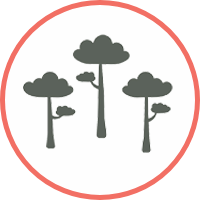
Reforestation on Degraded Land, Uruguay
This project restores 21,298 hectares of degraded grazing land in Uruguay, creating sustainable forests to boost biodiversity and carbon capture.
Project status: Active
Learn more about the Reforestation on Degraded Land project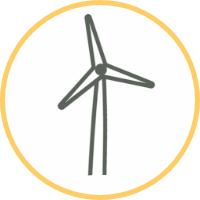
Salkhit Wind Farm, Mongolia
Salkhit Wind Farm is Mongolia’s first grid-connected wind project, supplying renewable energy and advancing expertise for future developments.
Project status: Active
Learn more about the Salkhit Wind Farm project
Wind power in Karnataka, India
This project in Karnataka generates renewable wind power, reducing fossil fuel reliance and supporting India’s Southern Electricity Grid.
Project status: Active
Learn more about the Wind power in Karnataka project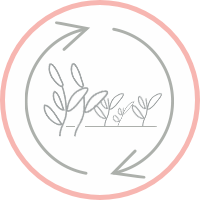
Peatland protection - Rimba Raya
The Rimba Raya Biodiversity Reserve protects carbon-rich peatland from palm oil deforestation, preventing 100 million tonnes of emissions.
Project status: Inactive
Learn more about the Peatland protection in Rimba Raya project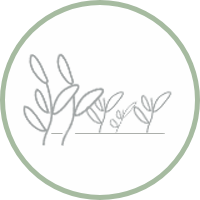
Peatland protection, Keo Seima, Cambodia
The Keo Seima Wildlife Sanctuary in Cambodia protects endangered wildlife and supports local Bunong communities through conservation and sustainable development.
Project status: Inactive
Learn more about the Peatland protection in Keo Seima project